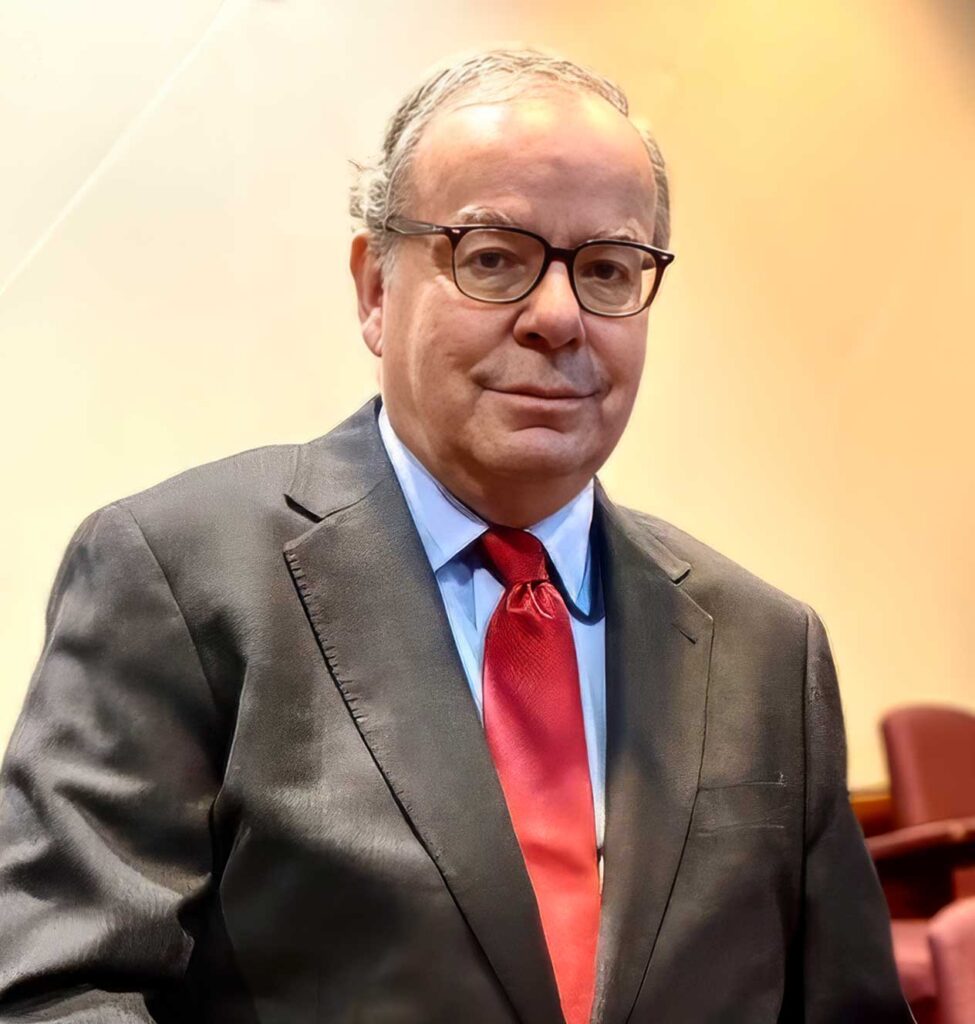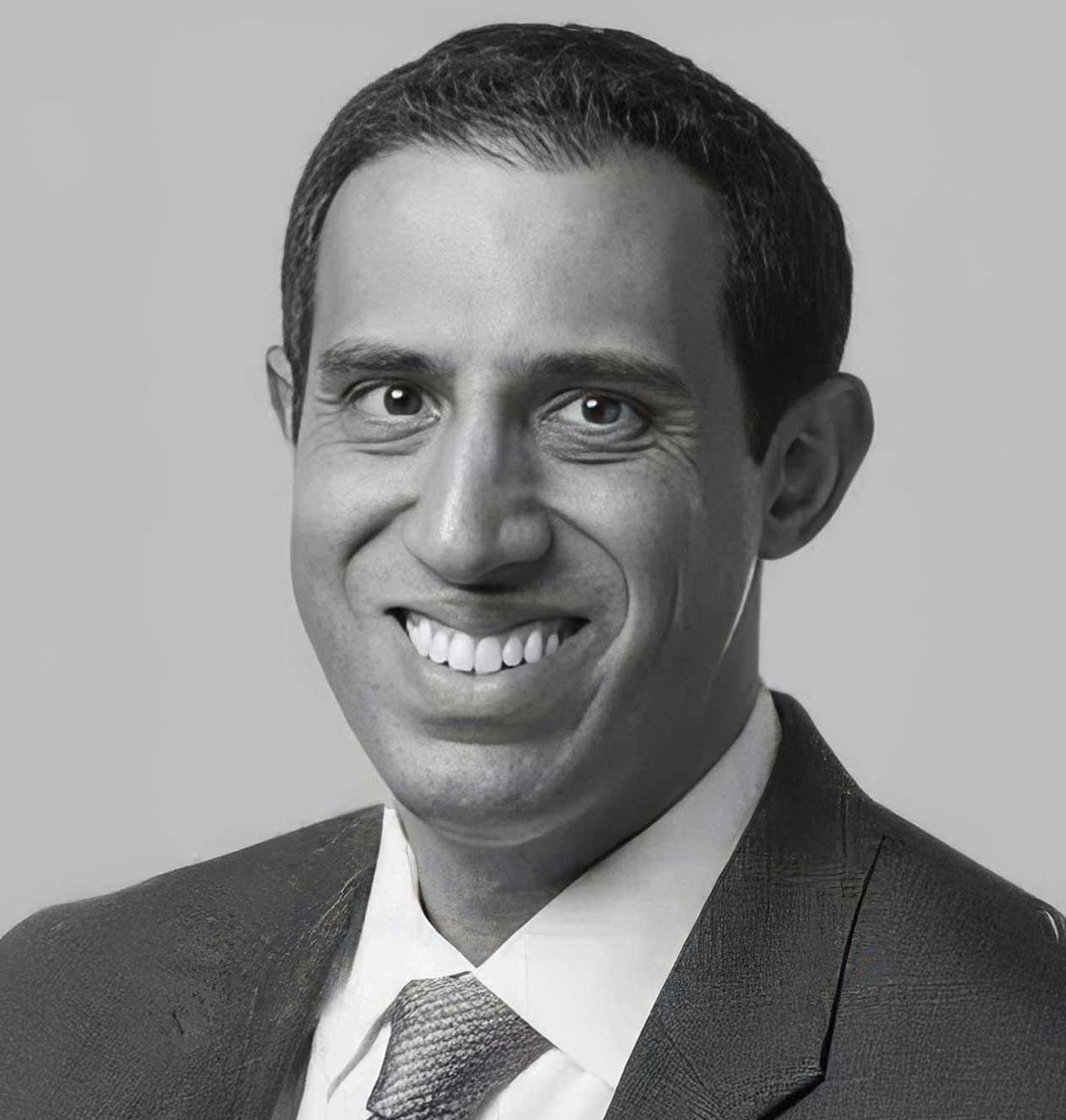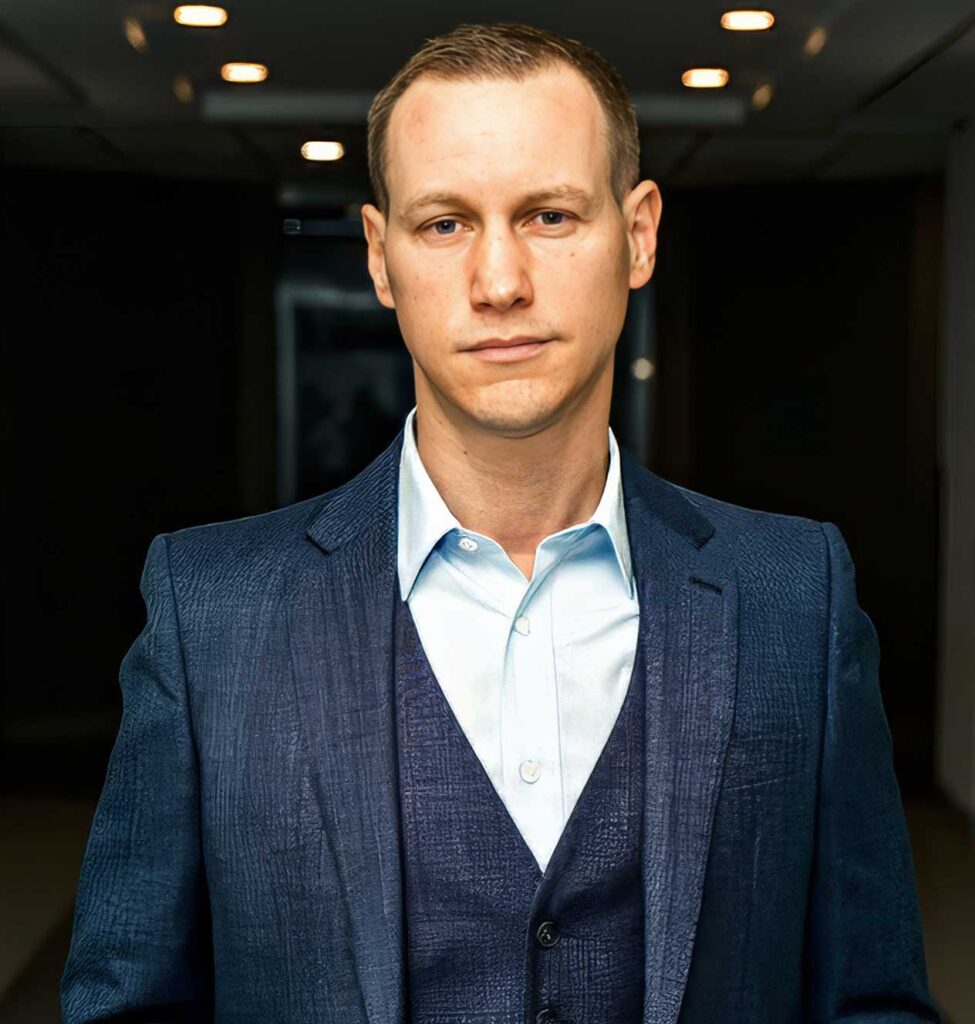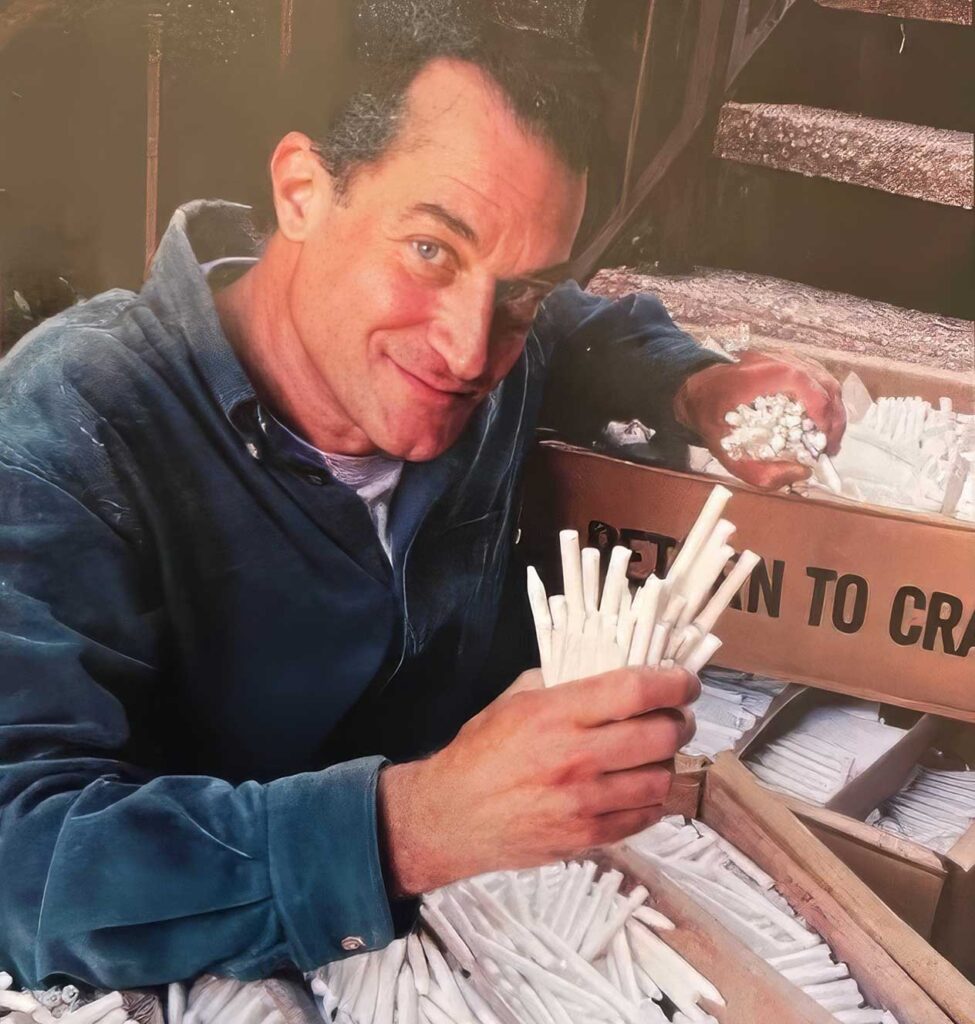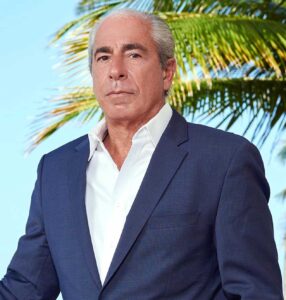Share Your Story with Trial Lawyer’s Journal
Trial Lawyer’s Journal is built on the voices of trial lawyers like you. Share your journey, insights, and experiences through articles, interviews, and our podcast, Celebrating Justice.
Stay Updated
Sign up for our newsletter to get the latest from TLJ.
What Is an Insurance Adjuster?
An insurance adjuster is a professional responsible for evaluating insurance claims to determine the extent of an insurer’s liability. Adjusters investigate accidents, assess damages, and negotiate settlements on behalf of insurance companies or policyholders.
What does an insurance adjuster do?
Insurance adjusters play a crucial role in the claims process by gathering evidence, interviewing involved parties, and reviewing policy details to decide on claim payouts. They may work for insurance companies, independent firms, or as public adjusters representing claimants.
- Investigate accident reports, medical records, and property damage.
- Determine the cause of the accident and assess liability.
- Negotiate settlements between claimants and insurance companies.
- Ensure claims comply with policy terms and coverage limits.
What are the different types of insurance adjusters?
There are three main types of insurance adjusters, each serving a different role in the claims process:
- Company adjusters – Employed by insurance companies to protect their financial interests.
- Independent adjusters – Hired by insurers on a contract basis to handle specific claims.
- Public adjusters – Represent policyholders, advocating for a fair settlement from the insurance company.
How does an insurance adjuster impact a personal injury claim?
Insurance adjusters directly influence the outcome of personal injury claims by assessing damages and negotiating compensation. Their evaluation determines the amount an insurer will pay a claimant.
- Investigates claims – Reviews accident reports, medical bills, and evidence.
- Negotiates settlements – Offers compensation based on policy coverage and liability.
- May dispute claims – Can challenge the validity of injuries or damages.
- Influences payout amounts – Determines the final compensation a claimant receives.
Conclusion
An insurance adjuster plays a key role in the personal injury claims process by evaluating damages and determining settlements. Understanding their role can help claimants navigate negotiations and ensure fair compensation.
What is an insurance adjuster?
An insurance adjuster is a claims professional who investigates accidents, assesses damages, and determines how much an insurance company should pay for a claim. Adjusters review accident reports, medical records, and policy details to ensure claims comply with coverage limits. They may work for insurance companies, independently, or as public adjusters who advocate for policyholders.
Can you negotiate with an insurance adjuster?
Yes, claimants can negotiate with an insurance adjuster. Adjusters often make an initial low settlement offer, expecting negotiation. Providing strong evidence—such as medical records, repair estimates, and witness statements—can help strengthen a claim. Many claimants choose to hire a personal injury attorney to negotiate for a higher payout.
Do insurance adjusters work for policyholders?
Only public adjusters work for policyholders. Company and independent adjusters represent insurance companies and focus on minimizing payouts. Public adjusters, hired by policyholders, advocate for higher settlements and ensure fair compensation. They are especially helpful in complex or disputed claims.
What should you not say to an insurance adjuster?
When speaking with an insurance adjuster, avoid admitting fault, guessing details, or downplaying injuries. Stick to the facts and avoid statements like:
- “I’m fine” (even if injuries may appear later).
- “It was my fault” (liability should be properly determined).
“You can have my medical records” (only provide relevant documents).
Insurance adjusters may use recorded statements to dispute claims, so it’s best to consult an attorney before giving detailed responses.
Featured Articles
-
Glossary
What is a Demurrer Judgment?
What is a Demurrer Judgment? A Demurrer Judgment is a court ruling issued after a defendant files a demurrer, arguing that the plaintiff’s complaint.
-
Glossary
What is the TPPRA?
What is the TPPRA? The TPPRA, or Third Party Payor Recovery Act, is a legal statute—most notably used in states like Texas—that gives third-party.
-
Glossary
What are Jury Instructions?
What are Jury Instructions? Jury instructions are the formal legal directions given by a judge to the jury before deliberation in a trial. These.
Explore our Contributors
Discover Next
Insights from Experts
Learn from industry experts about key cases, the business of law, and more insights that shape the future of trial law.

